June 2, 2025 | 20:36 GMT +7
June 2, 2025 | 20:36 GMT +7
Hotline: 0913.378.918
June 2, 2025 | 20:36 GMT +7
Hotline: 0913.378.918

Rice production accounts for up to 50% of greenhouse gas emissions in the agricultural sector. Photo: Son Trang.
According to Prof. Dr. Bui Chi Buu, former Director of the Institute of Agricultural Science for Southern Vietnam, regarding greenhouse gas emissions that cause climate change, in general, around the world about 70% is CO2, about 20% is methane and 10% is N2O. Some other gases account for a negligible proportion.
In Vietnam, agriculture accounts for 30-32% of greenhouse gas emissions, of which rice accounts for the most with 50%. Other crops account for 26-27%, livestock account for 10-15%, and the rest are other management issues in agriculture.
With the characteristics of rice production, the field is often flooded, so the organic matter in the soil will exchange and release carbon in the form of methane. As a consequence, greenhouse gas emissions in rice production go against the general emissions in the world when CO2 accounts for only 6%. Methane accounts for 45%, and the amount of N2O is up to 46% due to the unbalanced and improper use of fertilizers.
In terms of greenhouse gas emissions from rice production, methane is 21 times more than CO2, and N2O is nearly 300 times more. The amount of methane and N2O is many times greater than that of CO2, making greenhouse gas emissions in rice production very large.
Rice production already produces a large amount of greenhouse gas emissions, and rice production in the Mekong River Delta increases emissions furthermore compared to other countries in the region.
Prof. Dr. Bui Chi Buu said that increases in greenhouse gas emissions are mainly due to water management and carbon management.
Regarding water management, among Southeast Asian countries, Vietnam is the country that constructs the best irrigation canal system. The world appreciates the miraculous development of Vietnamese agriculture at the beginning of the 21st century. A very important reason is that we are very good at constructing irrigation systems.
Due to doing very well in irrigation, over 85% of the rice production area is irrigated by an irrigation system. Meanwhile, in other countries in the region, the rice area irrigated by irrigation works is only from 40% to 70% or 75%.
Due to a very good irrigation canal system, in the Mekong Delta, it is now possible for wetlands to be used for rice production in all seasons, producing rice almost all year round. But that is why it is very difficult to manage water to reduce greenhouse gas emissions in rice production.
Management of nutrient balance in the soil is also a major problem in rice production in the Mekong Delta. All over the delta, it is now difficult to find plows, farmers mostly no longer use plows to plow the land. Because the soil is not plowed, the organic matter is in the state of polyphenols. Polyphenols hold nutrients in the soil very strongly. As a consequence, in areas where farmers produce rice continuously like Cai Lay (Tien Giang) with 7 rice crops in 2 years, farmers have to use a lot of fertilizer.

The Mekong Delta can produce rice almost all year round. Photo: Son Trang.
The amount of fertilizer used in the Mekong Delta is currently over 1 ton/ha, the highest in the country. Meanwhile, other countries only use 400-600 kg of fertilizer/ha/year.
According to the FAO assessment, fertilizer loss in the Mekong Delta is up to nearly 70%. Excessive use of fertilizers is also a problem that increases greenhouse gas emissions in rice production in the Mekong Delta.
In carbon management and straw management, especially in the summer-autumn and autumn-winter crops, the Mekong Delta is facing a lot of difficulties.
During the winter-spring crop, it is very easy to clean the field after harvest. The fields will be dry at the time and machines can be brought down to remove the straw from the fields.
But after harvesting summer-autumn rice, the field begins to flood. When harvesting the autumn-winter crop, it rains a lot. It is very difficult to bring machines into the field to take out the straw and the farmers cannot simply burn the straw. As a result, farmers are forced to bury straw in the soil causing greenhouse gas emissions to increase even more.
Translated by Hoang Duy
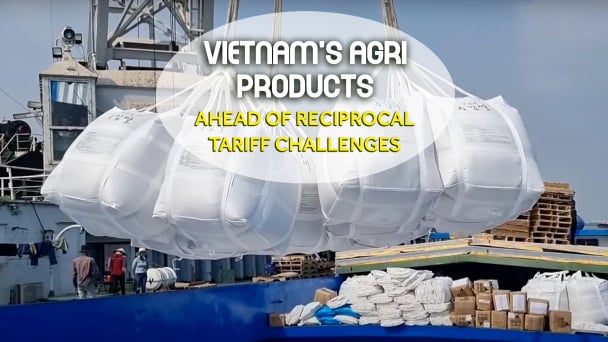
(VAN) Businesses in Vietnam are attempting to export rice to the United States ahead of the implementation of reciprocal tariffs, while remaining their optimism regarding this critical market.
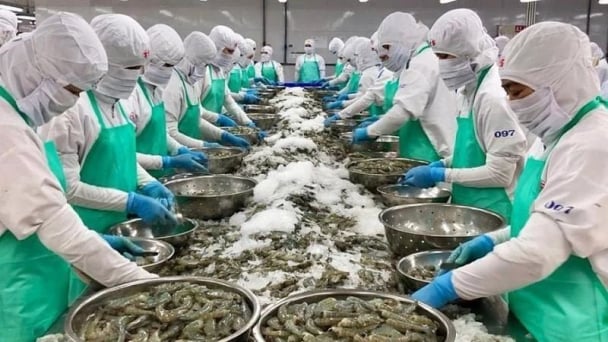
(VAN) From containers of cashew nuts, shrimp to in-depth technical dialogues, agricultural cooperation between Vietnam and the United States is entering a period of sustainable and two-way development.
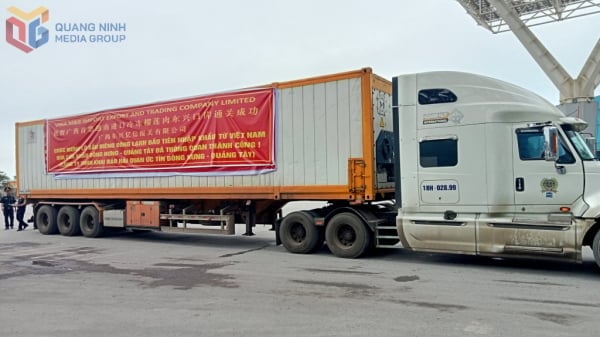
(VAN) After the talks on May 28, Vietnam successfully exported its first batch of frozen durians to China, marking a new milestone in agricultural trade cooperation between the two countries.
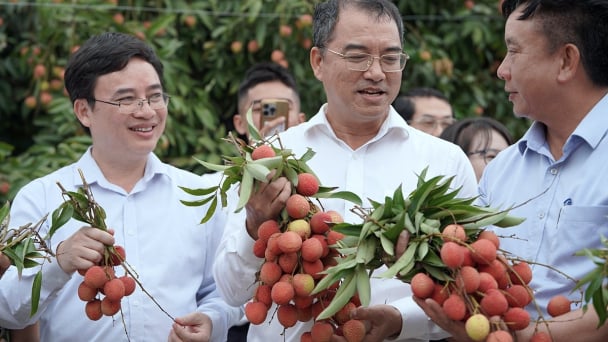
(VAN) Several major companies, such as Red Dragon and Ameii Vietnam, have signed purchasing agreements for the 2025 season, targeting markets including Japan, the United States, and the EU.
/2025/05/30/5010-5-173638_943.jpg)
(VAN) On May 29, at the GO! My Tho Trading Center, the Tien Giang Department of Industry and Trade, in collaboration with Central Retail Corporation, held the opening ceremony of the 3rd Fruit Festival 2025.
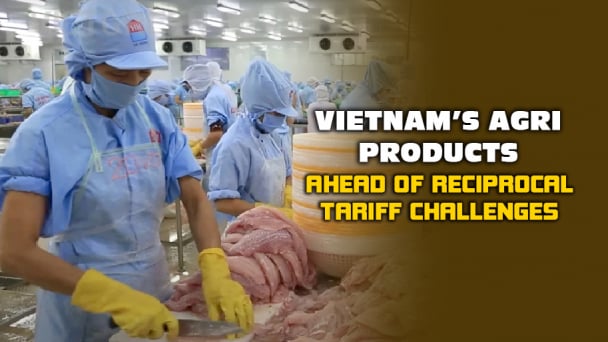
(VAN) Reciprocal tariffs are exerting pressure on U.S. exports, prompting Vietnamese firms to shift their focus to Muslim markets, Thailand, and Brazil.
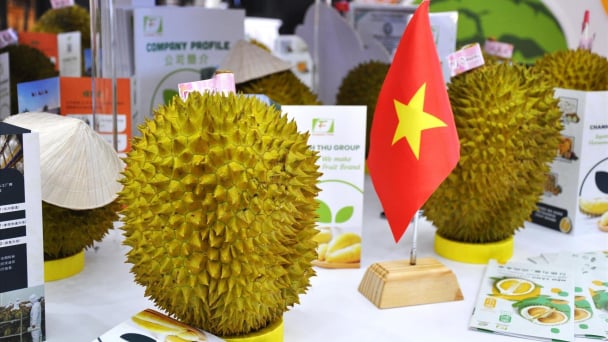
(VAN) A free booth for two years at Xinfadi, Beijing's largest wholesale market, will be allocated to Vietnam's agricultural products.